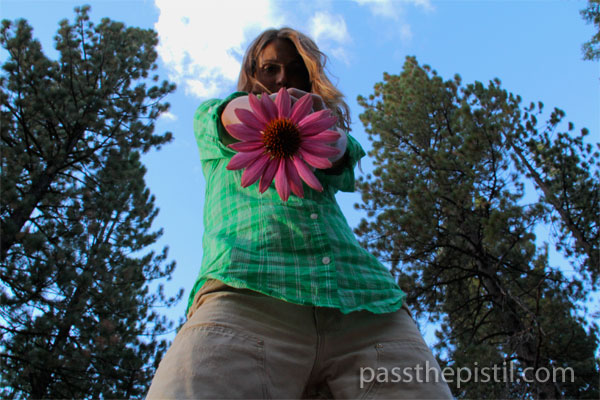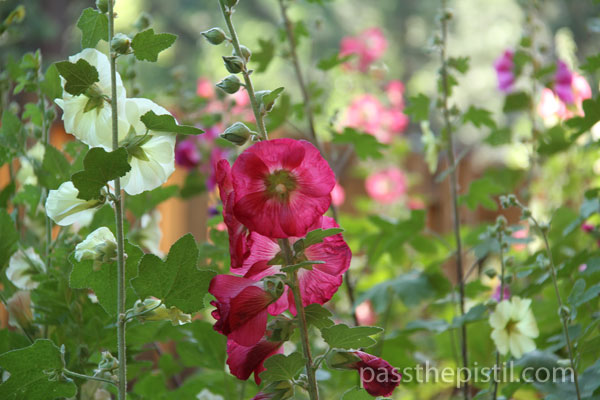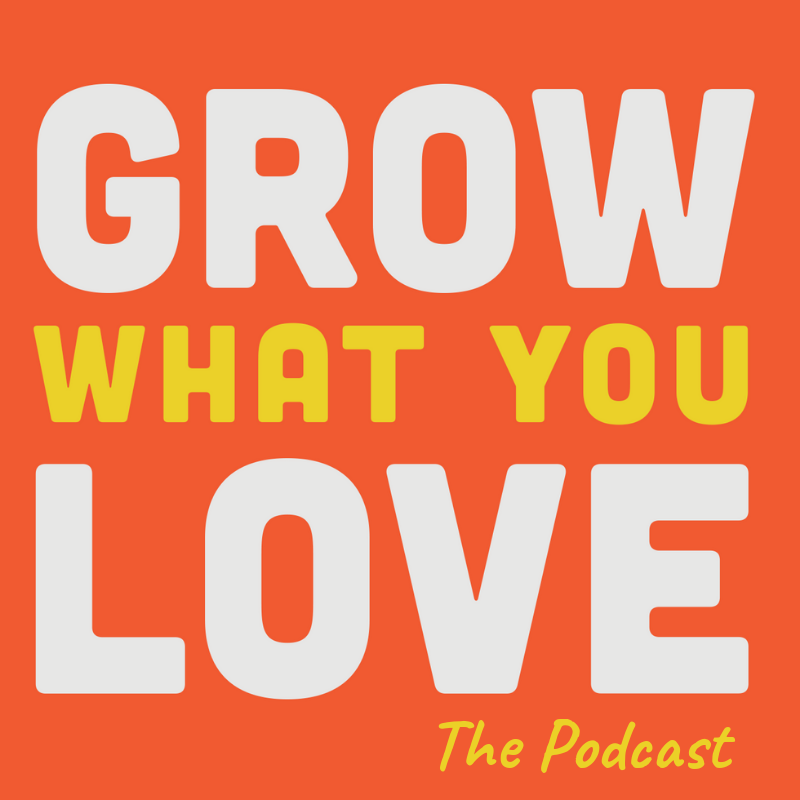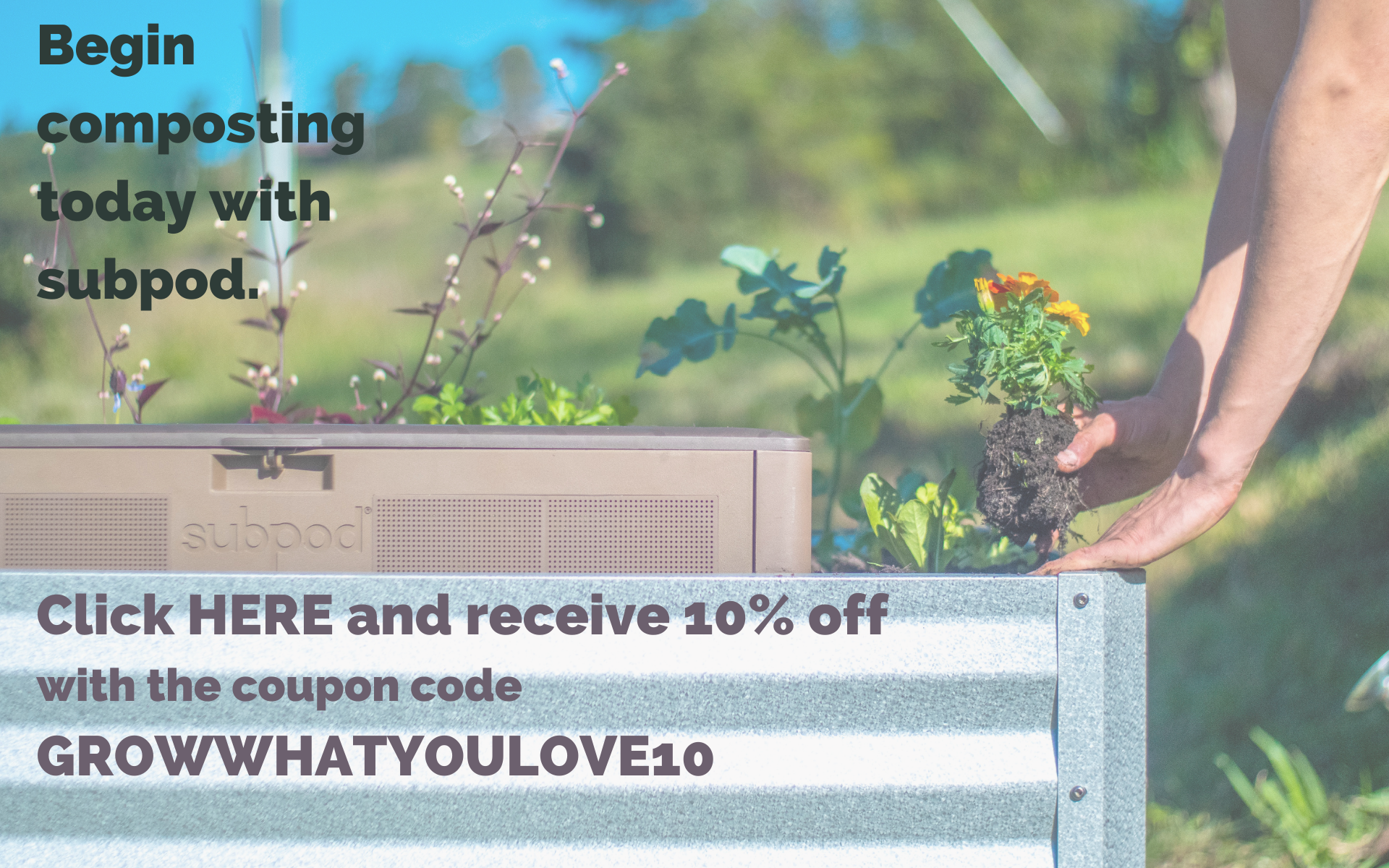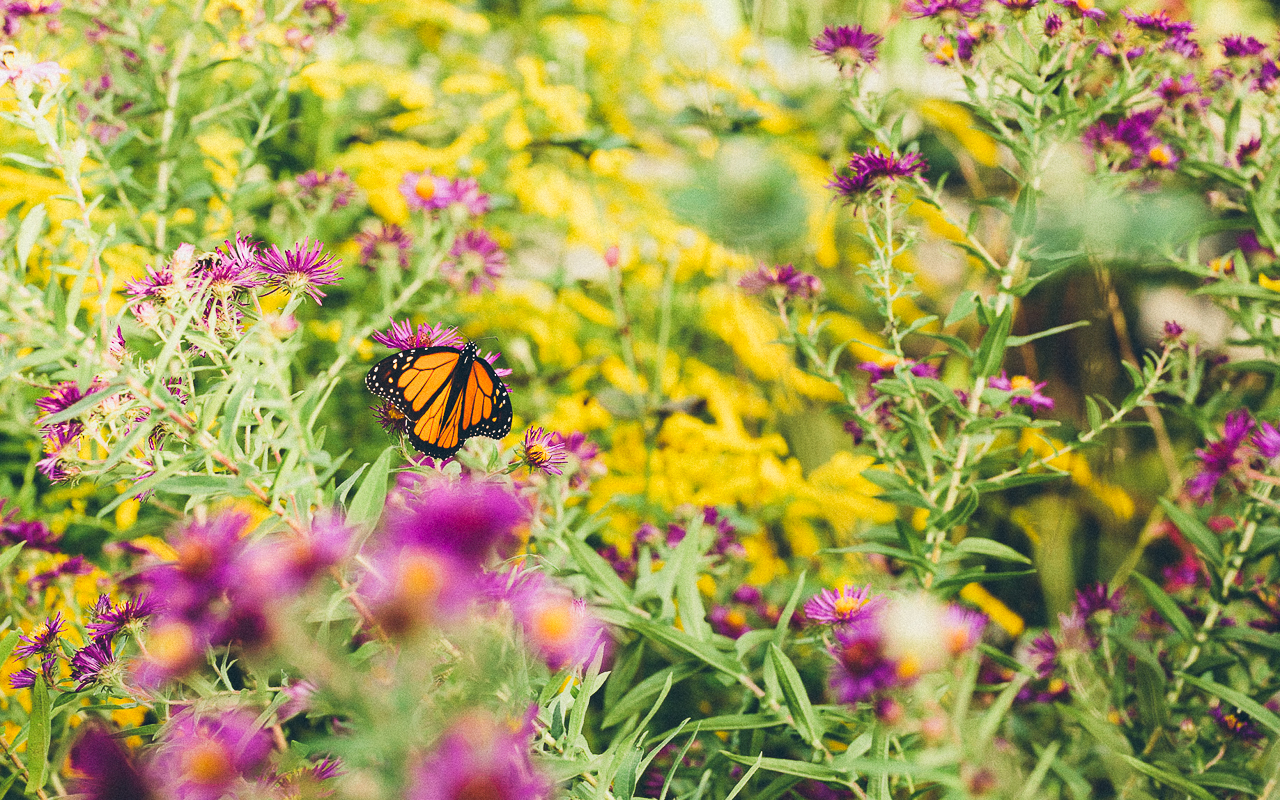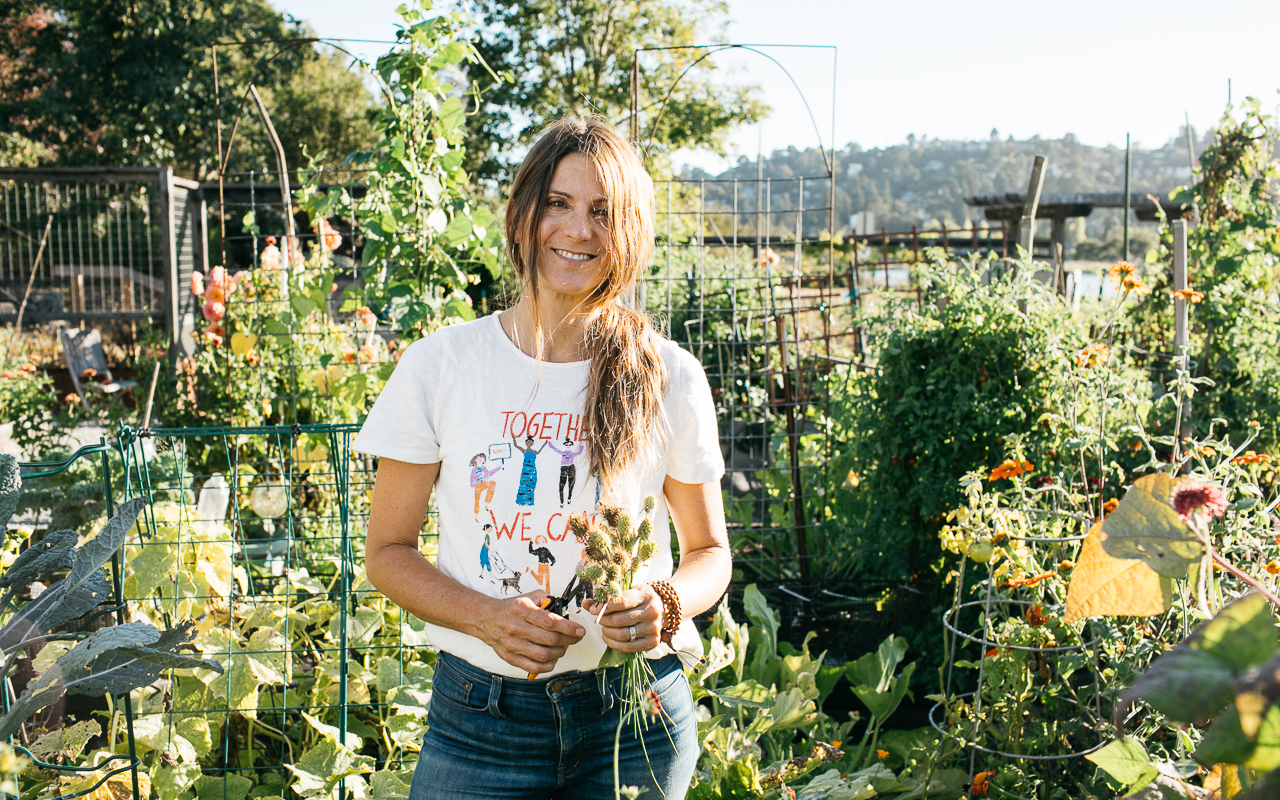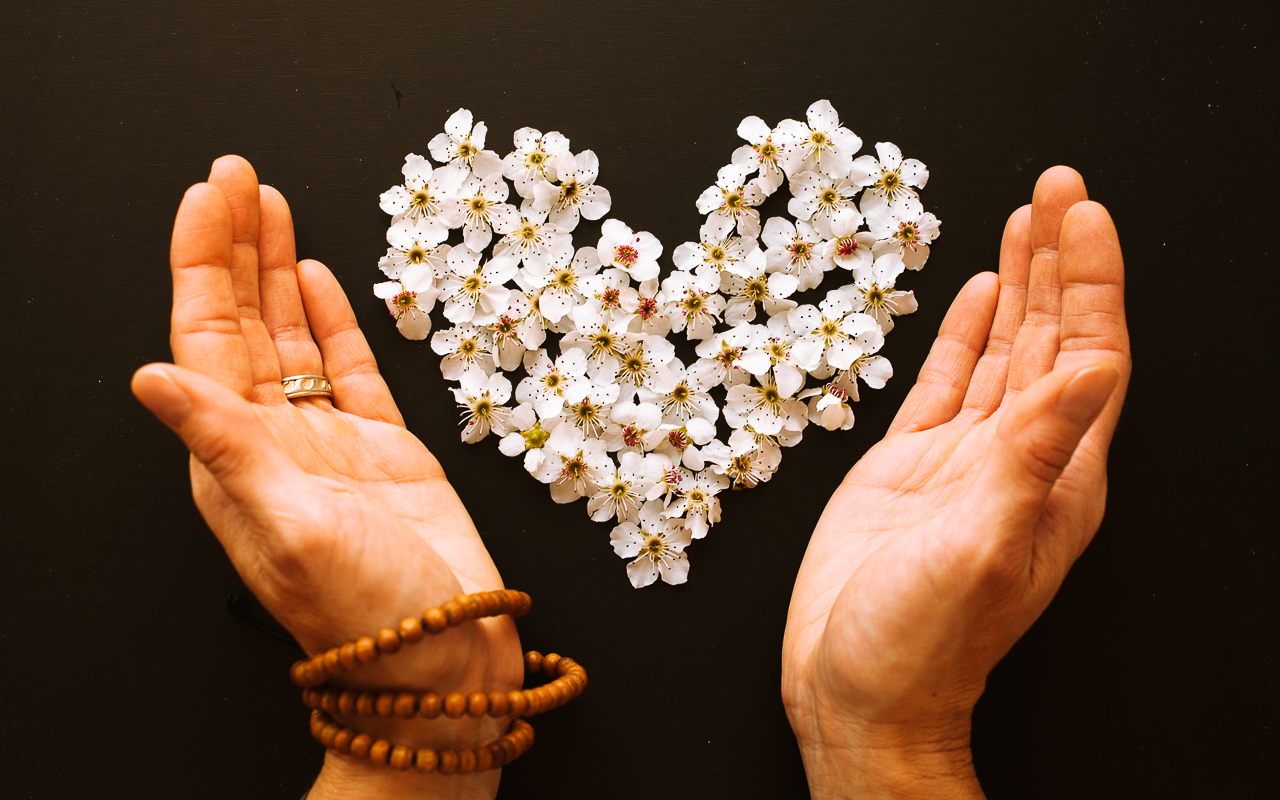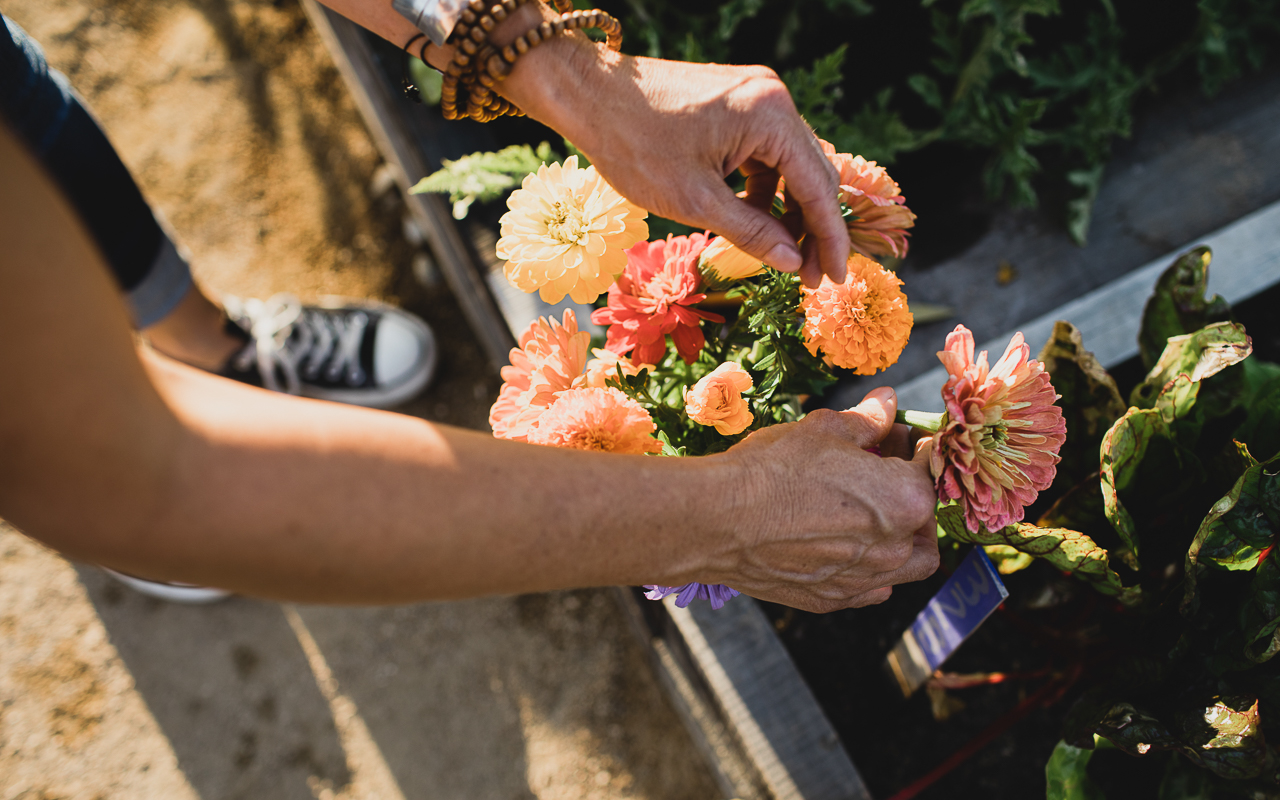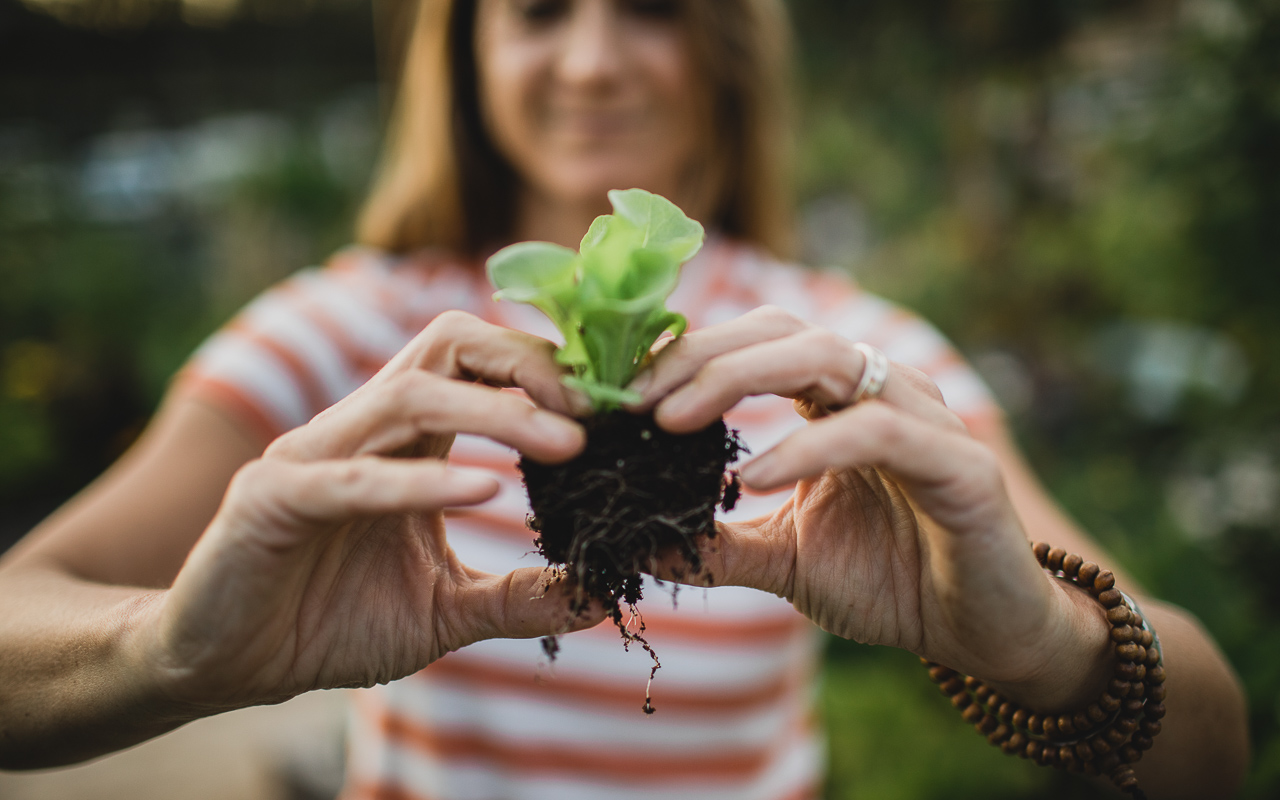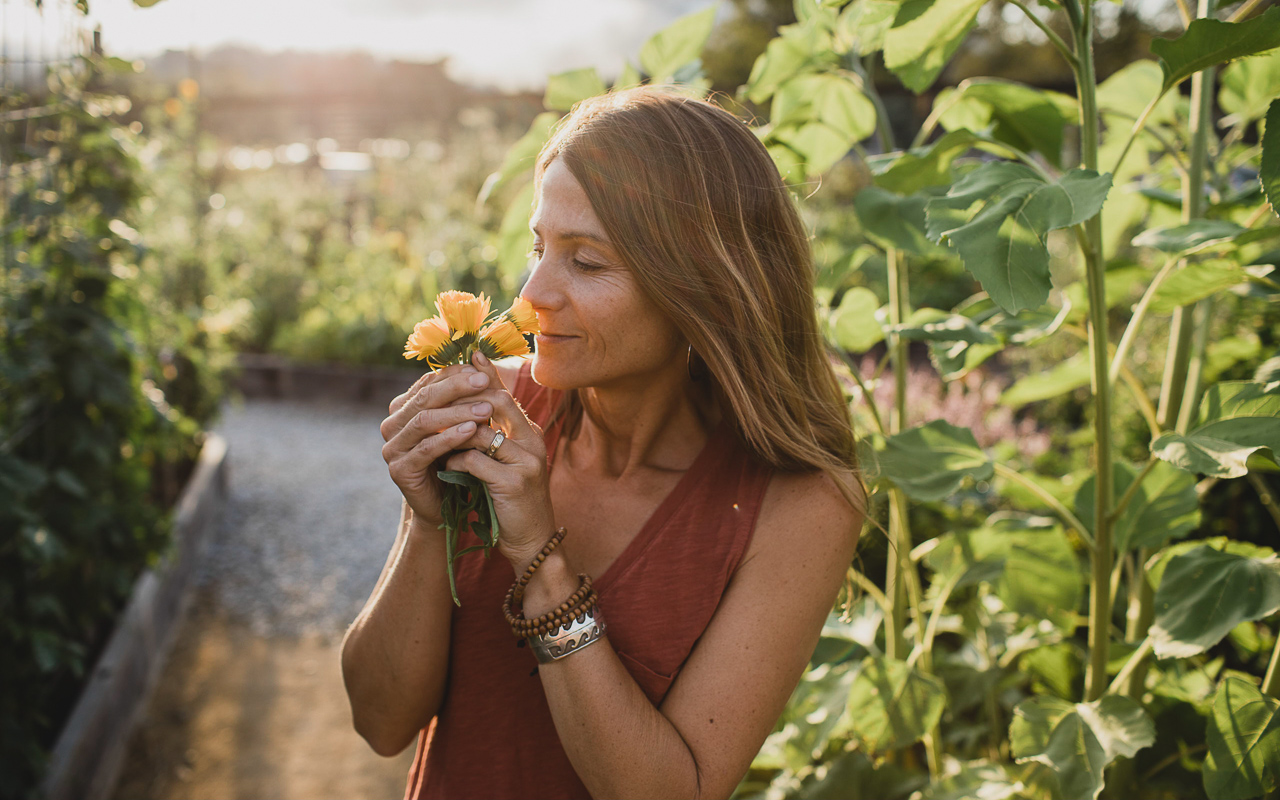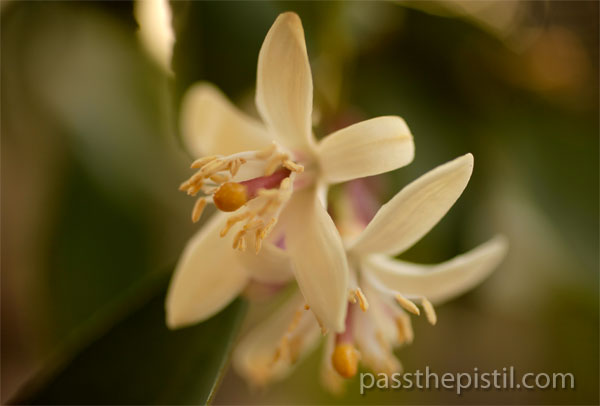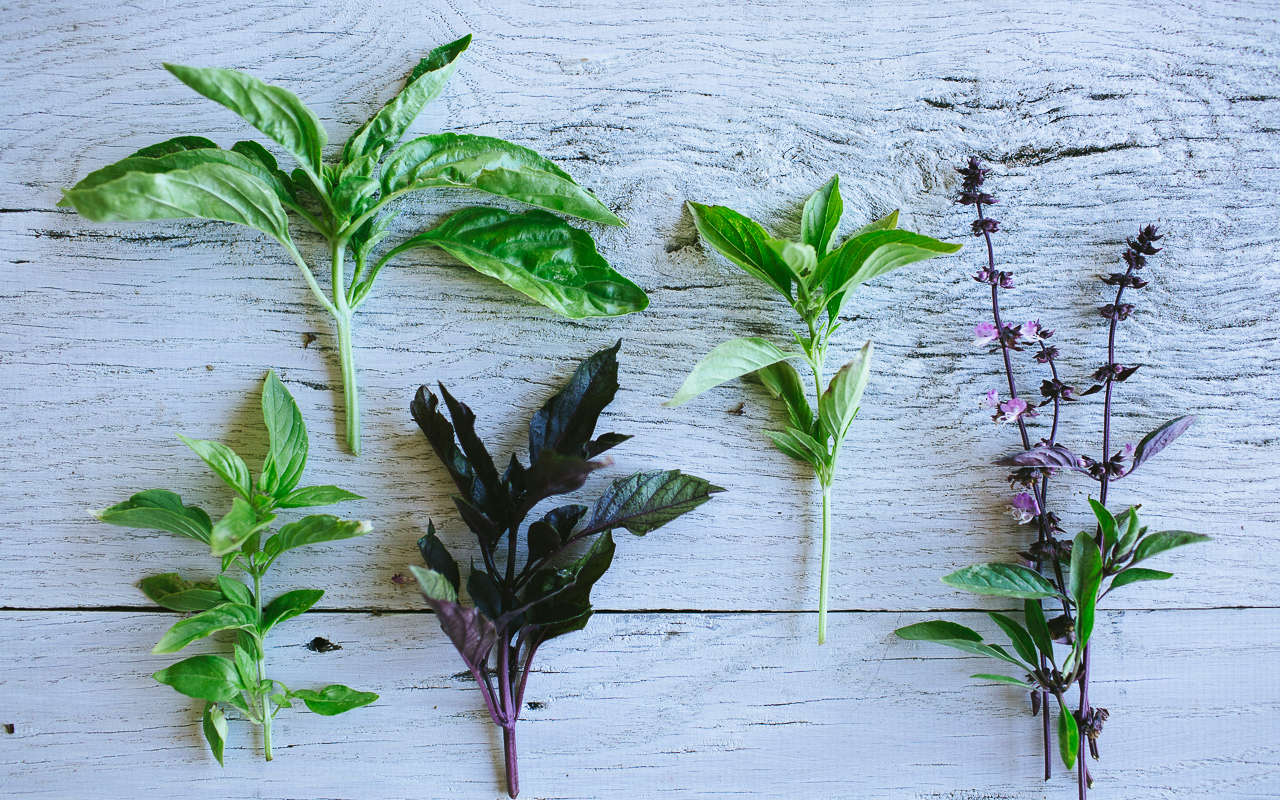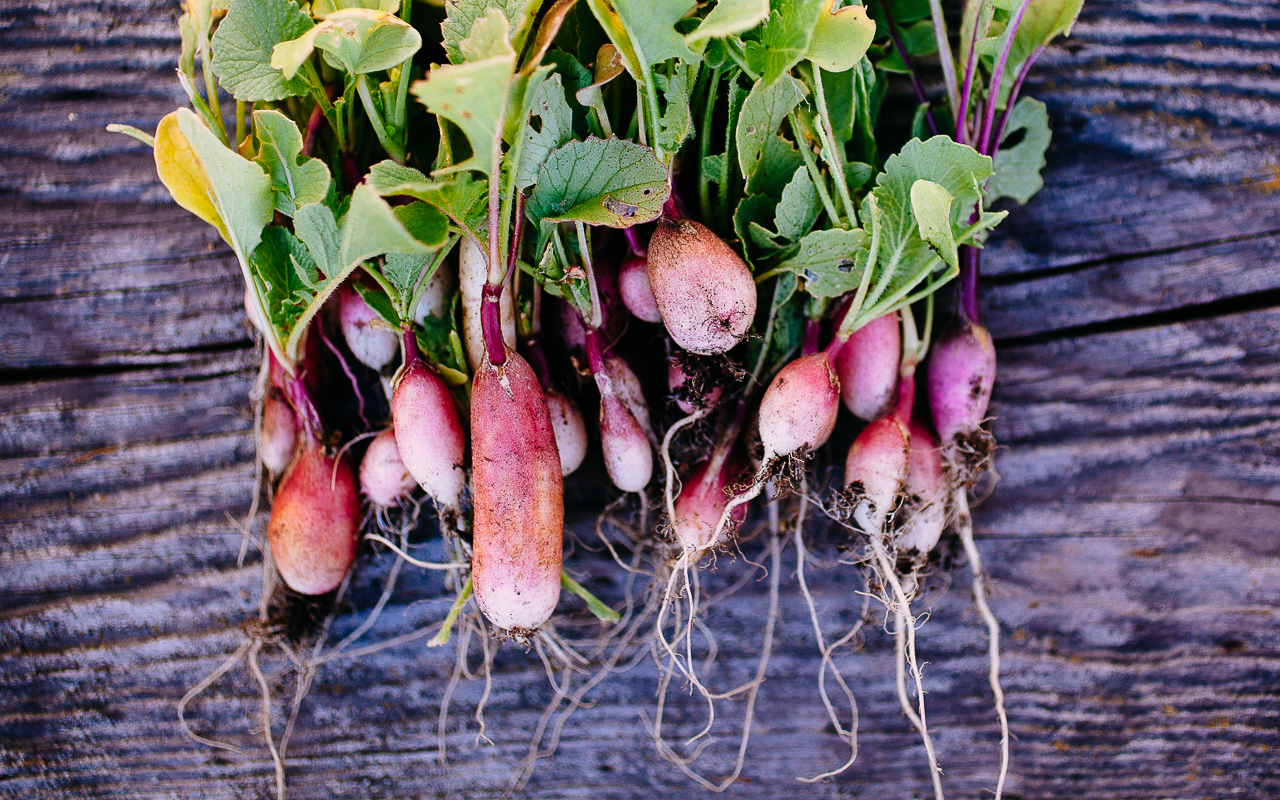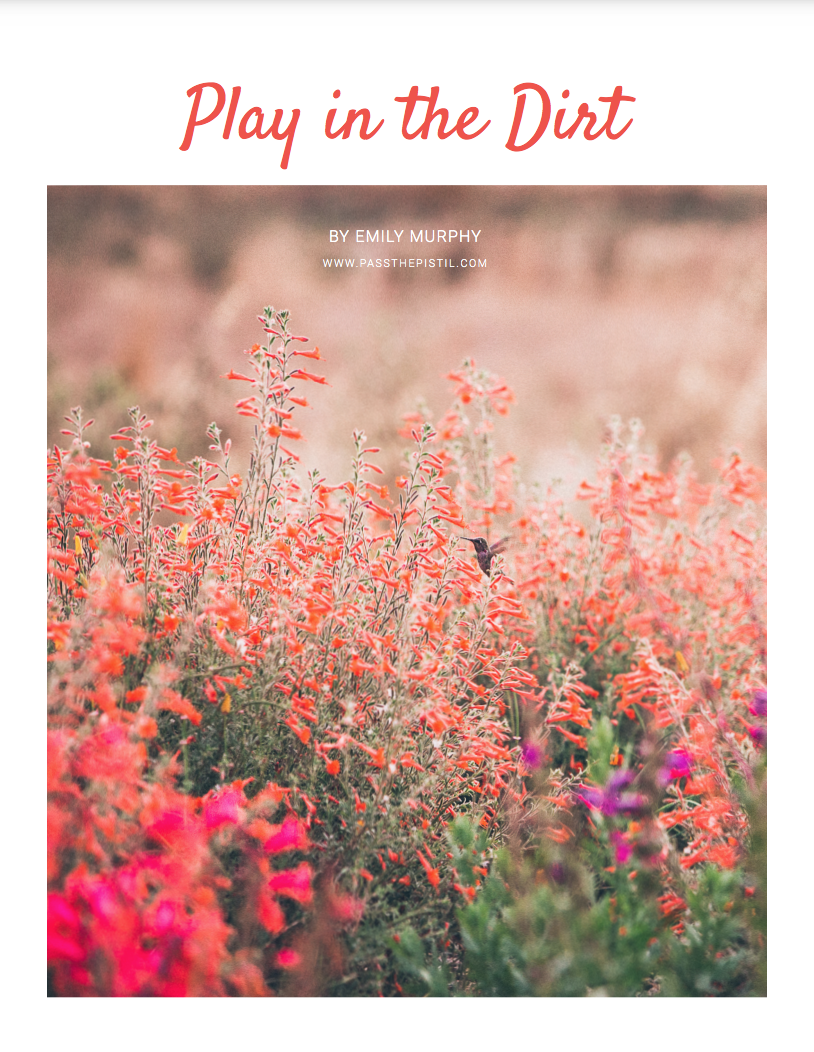Maslow’s Hierarchy of Weeds

“Emily, come help me weed…” The wave of complete suffering that went through my body was whole and dramatic. The effort of holding myself up, moving my feet, visible. Did I really just hear my mom say it was time to weed?
I liked the planting, especially potatoes. The eyes they grew, the bit of lime I got to put in with them when planted, all very rewarding. But the weeding, sitting for what seemed like hours pulling and digging away, it was torture.
This was the same time in my life when, driving past the local high school, I wondered with genuine concern where the playground was. What did those kids do at recess?
Of course I helped with the weeding. And maybe it wasn’t as bad as I anticipated. I usually worked next to my mom, sharing a bucket and sometimes a shovel and occasionally I unearthed a worm or other creature unhappy to see the light. And finally I would be set free to run off and play.
We learn to love what we know, what is fostered or necessary, especially those activities that come with a certain amount of success and happiness. Art, music, running, baseball, fishing, dance… The motivations for the things that we do are varied and unique.
Weeding? Well, of course there is the argument in support of the weed. The opportunistic plant in the wrong place at the wrong time. It’s a value judgment. To weed or not to weed? I can get behind that – when it suits. Especially when an unplanned plant is a native volunteer. But the general keeping of a garden and the weeding that comes along with it, well, it’s an experience of the whole. And while it’s not necessarily a spiritual practice, it can still prove to be enlightening (though not always in a holy sense).
When considering the motivations behind any action, it’s easy to recall Abraham Maslow’s theory of human motivation, as first outlined in his 1943 article, A Theory of Human Motivation. It can be reasoned upon closer examination of Maslow’s Hierarchy of Needs, seen above (a flashback of Psychology 101), that the act of gardening and the outcomes of gardening are supported in every area. Yep.
To go a step further, Maslow’s Hierarchy of Needs can also be seen to support the impetus behind starting a garden, if you haven’t yet done so, or to help understand the reasons for keeping one. Even without prior experience, the benefits are obvious.
Food. Sex. Psychological well being. Security of health, resources and property. A place for family and friendship. A niche providing an immediate connection and sense of belonging to nature. (That’s my two cents.) Confidence, respect and a sense of achievement for ones efforts. Unending potential for creativity and problem solving, with a bit of spontaneity thrown in. And finally, learning to accept the facts. To garden is to accept change – and weeding. It’s part of the job. Figuring this out early minimizes suffering. Once realized, though it took several years for me to do so, it can actually be quite rewarding.
The premise behind Maslow’s hierarchy is that one must meet the “lower” needs before there is the ability to consider or experience the “higher” needs and, thus, self-actualization. With gardening, it might be a pyramid or it might be more circuitous. Once you think you’ve got it: the planting plan is finally working, your tomatoes are thriving, the dandelions gone, it changes.
Learning to accept this is gardening. It’s living. And maybe it’s even an opportunity for self-actualization.
Listen
Buy The Book
Special offers
Newsletter Signup
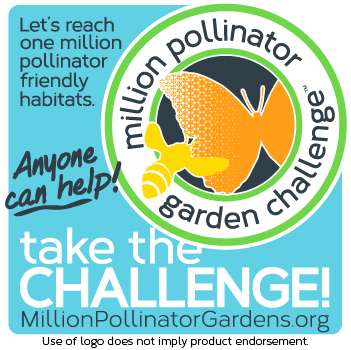
Archives
Disclosure
Pass The Pistil is a participant in the Amazon Services LLC Associates Program and other affiliate programs such as Etsy, affiliate advertising programs designed to provide a means for sites to earn fees by advertising and linking to curated affiliate sites.



